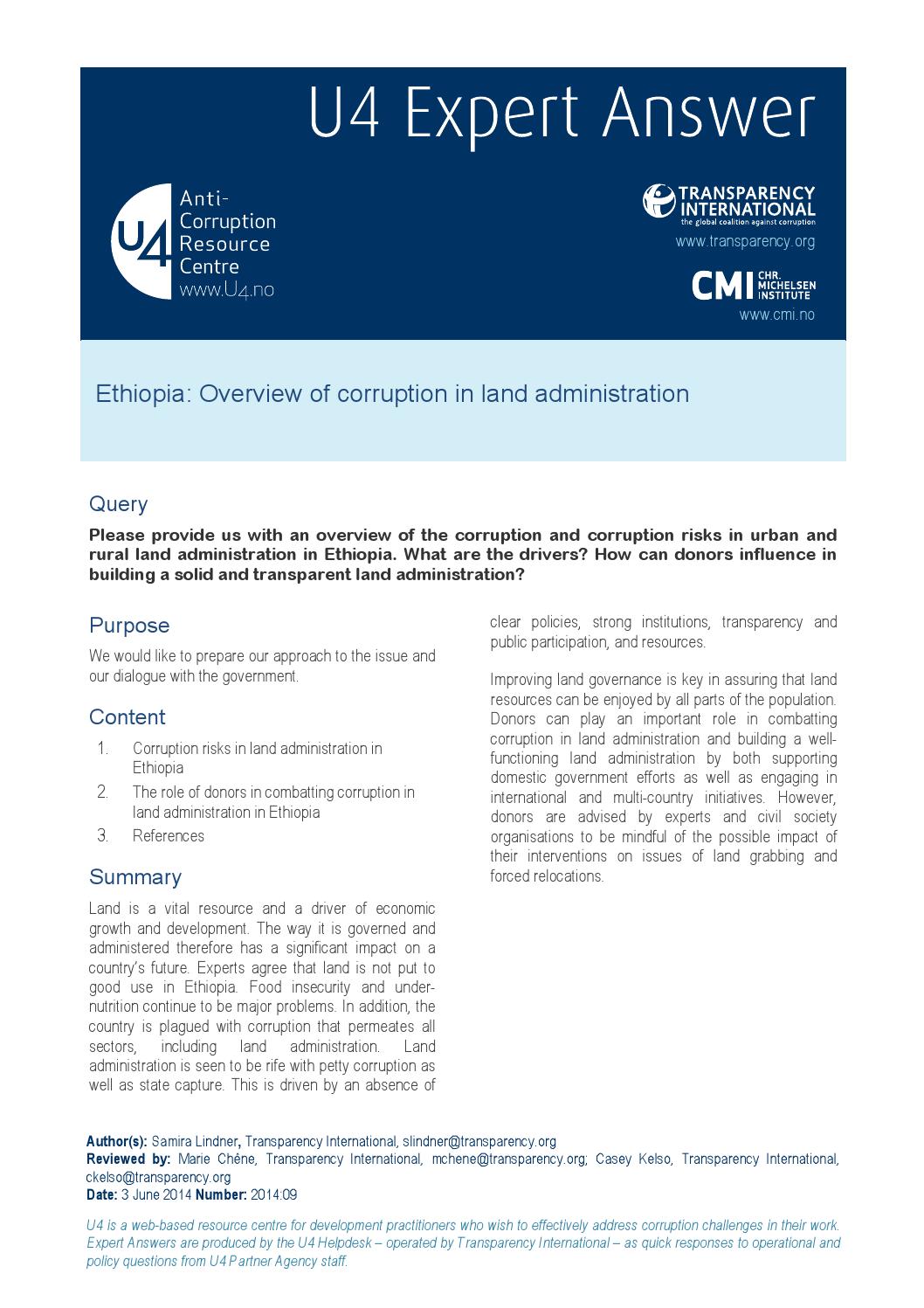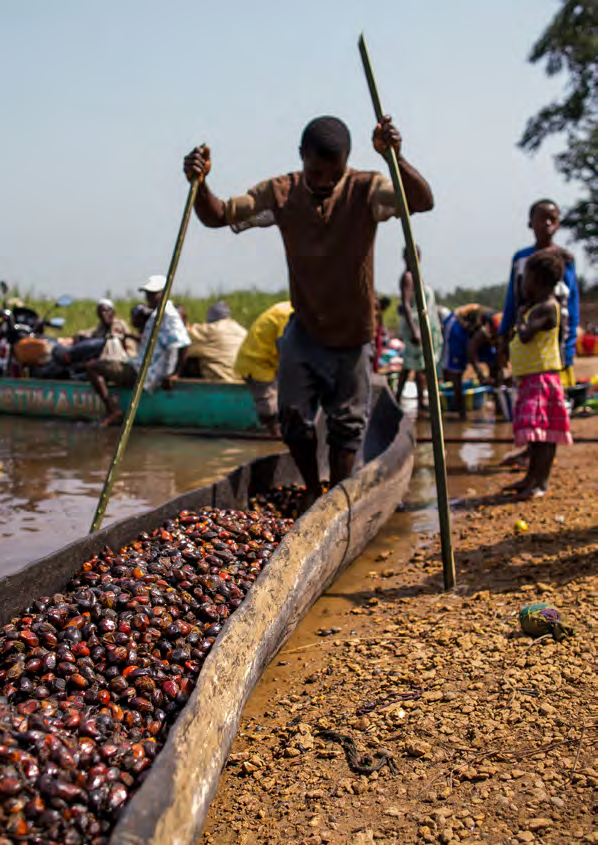Frontier Capitalism and Politics of Dispossession in Myanmar: The Case of the Mwetaung (Gullu Mual) Nickel Mine in Chin State
Since 2010, Myanmar has experienced unprecedented political and economic changes described in the literature as democratic transition or metamorphosis. The aim of this paper is to analyze the strategy of accumulation by dispossession in the frontier areas as a precondition and persistent element of Myanmar’s transition. Through this particular regime of dispossession – described as frontier capitalism – the periphery is turned into a supplier of resource revenues to fuel economic growth at the center.





